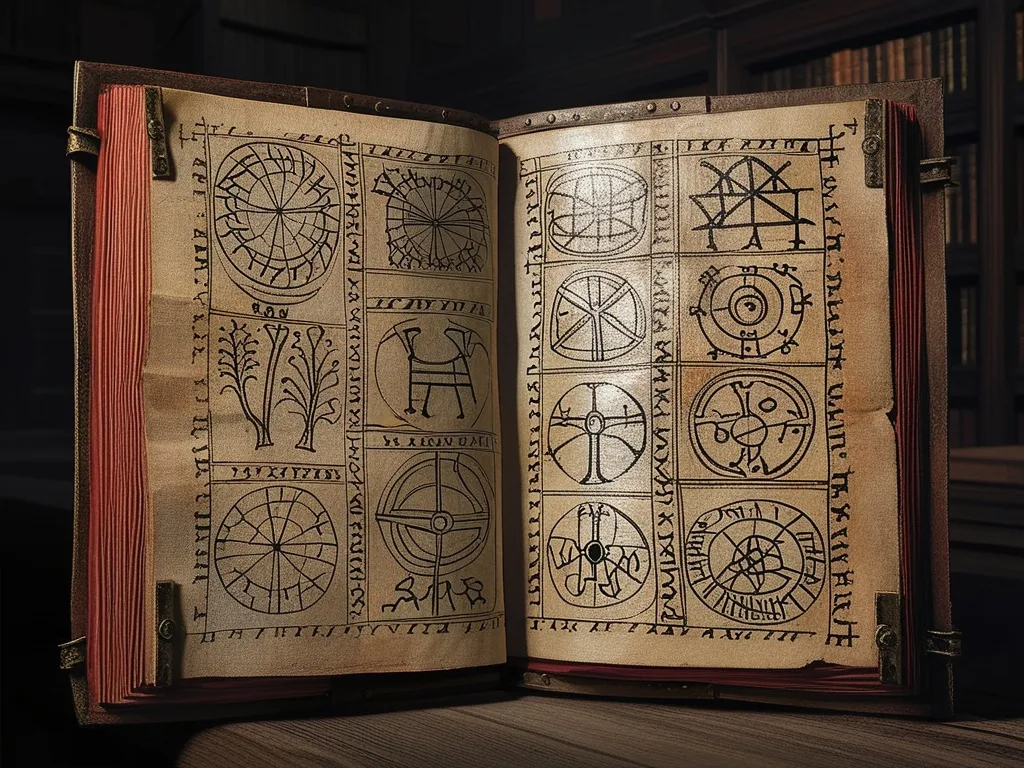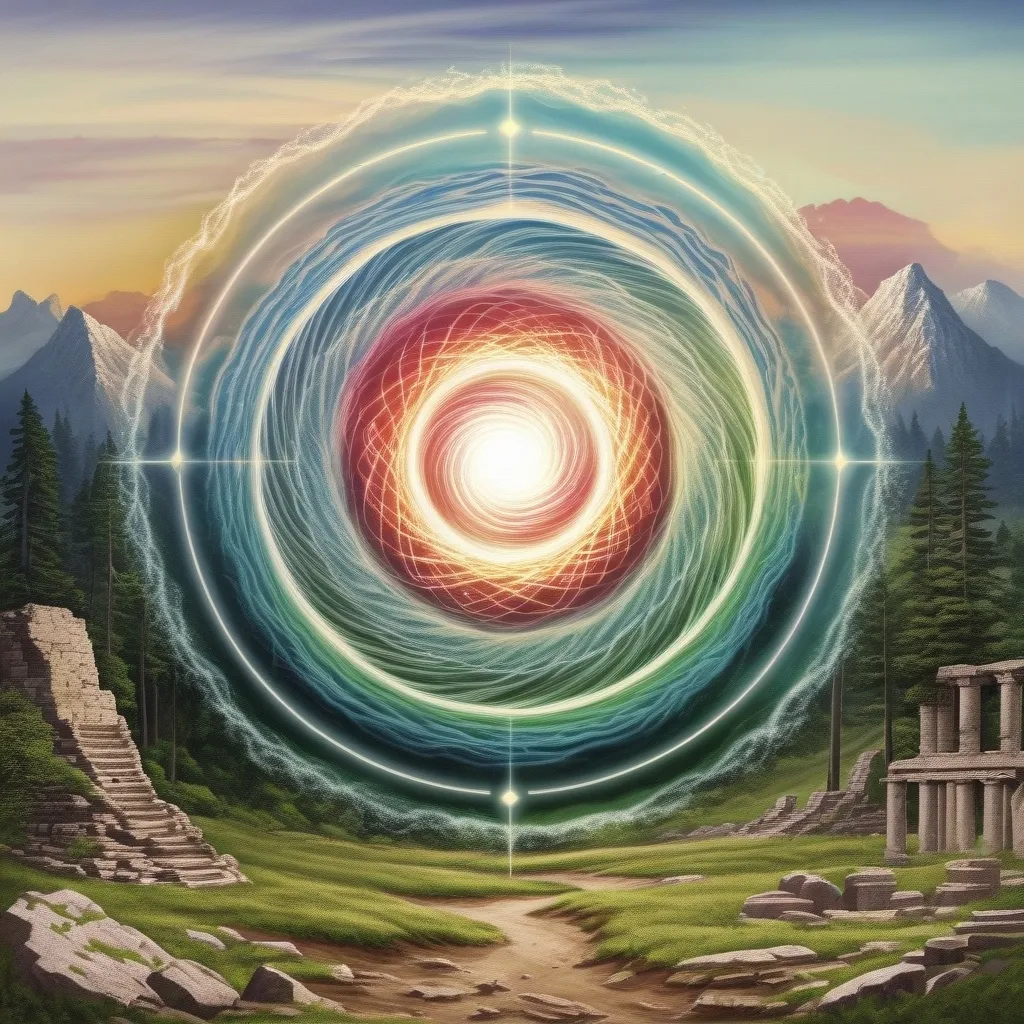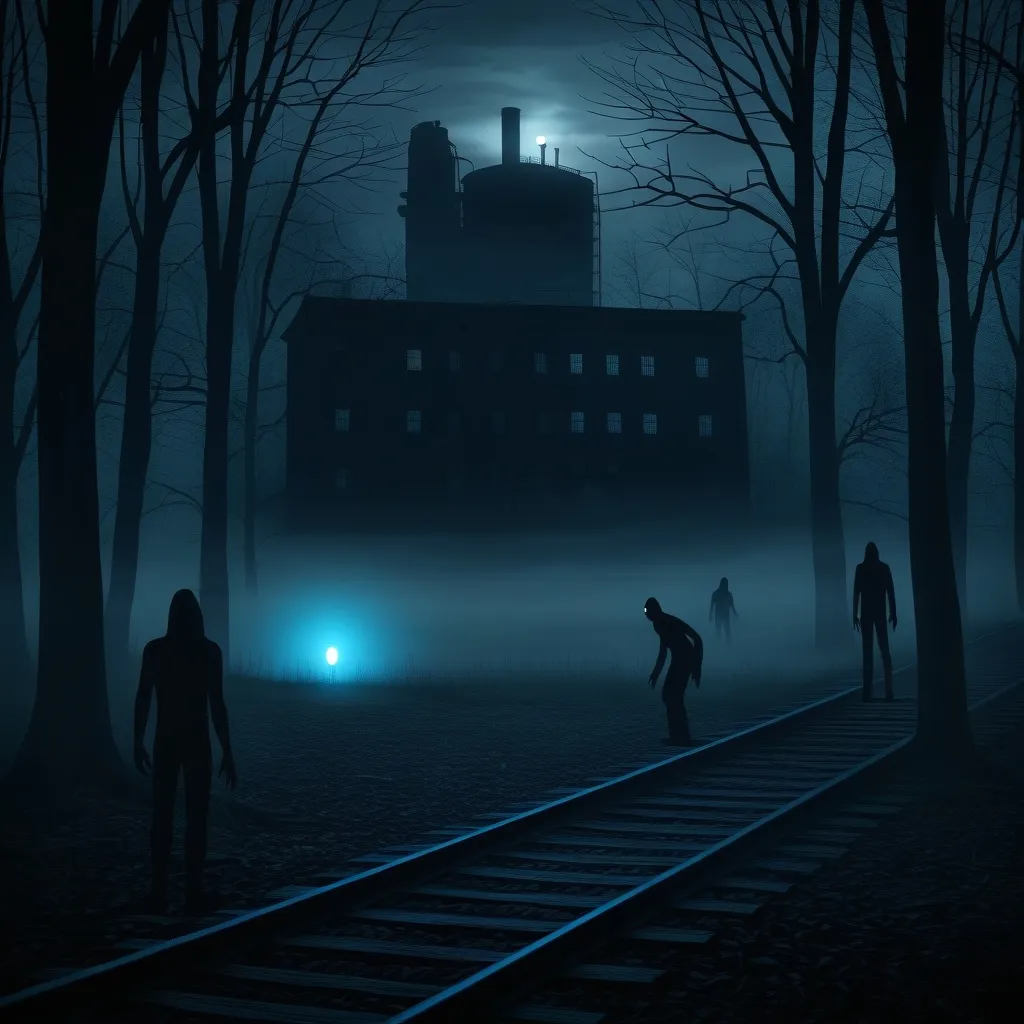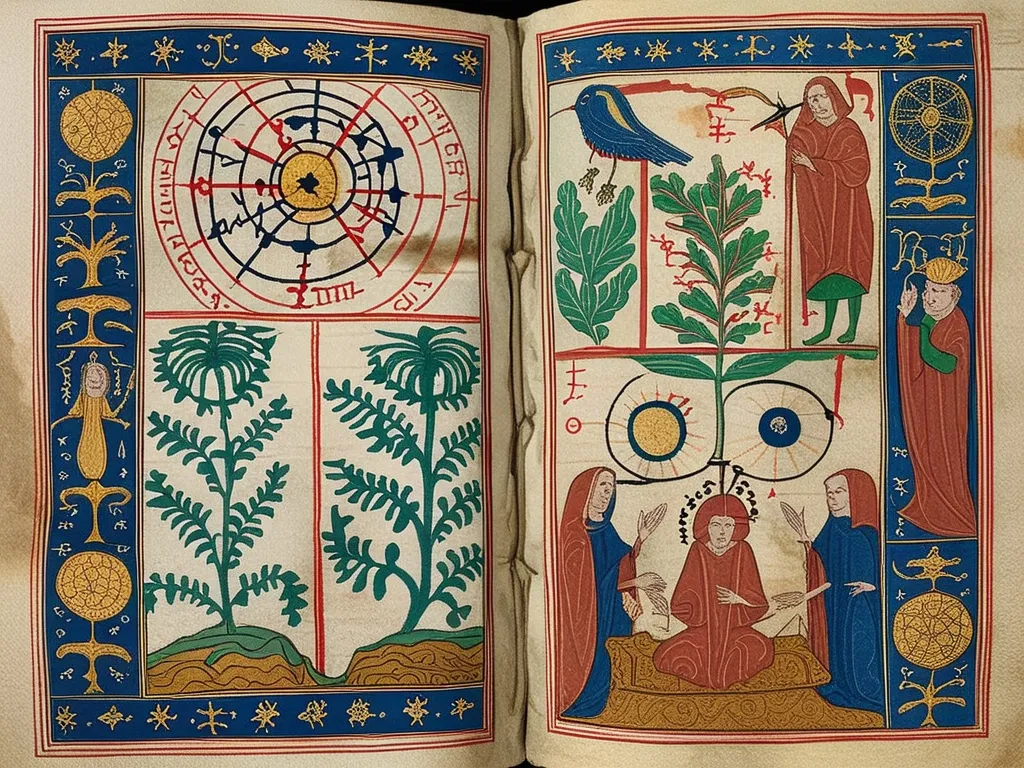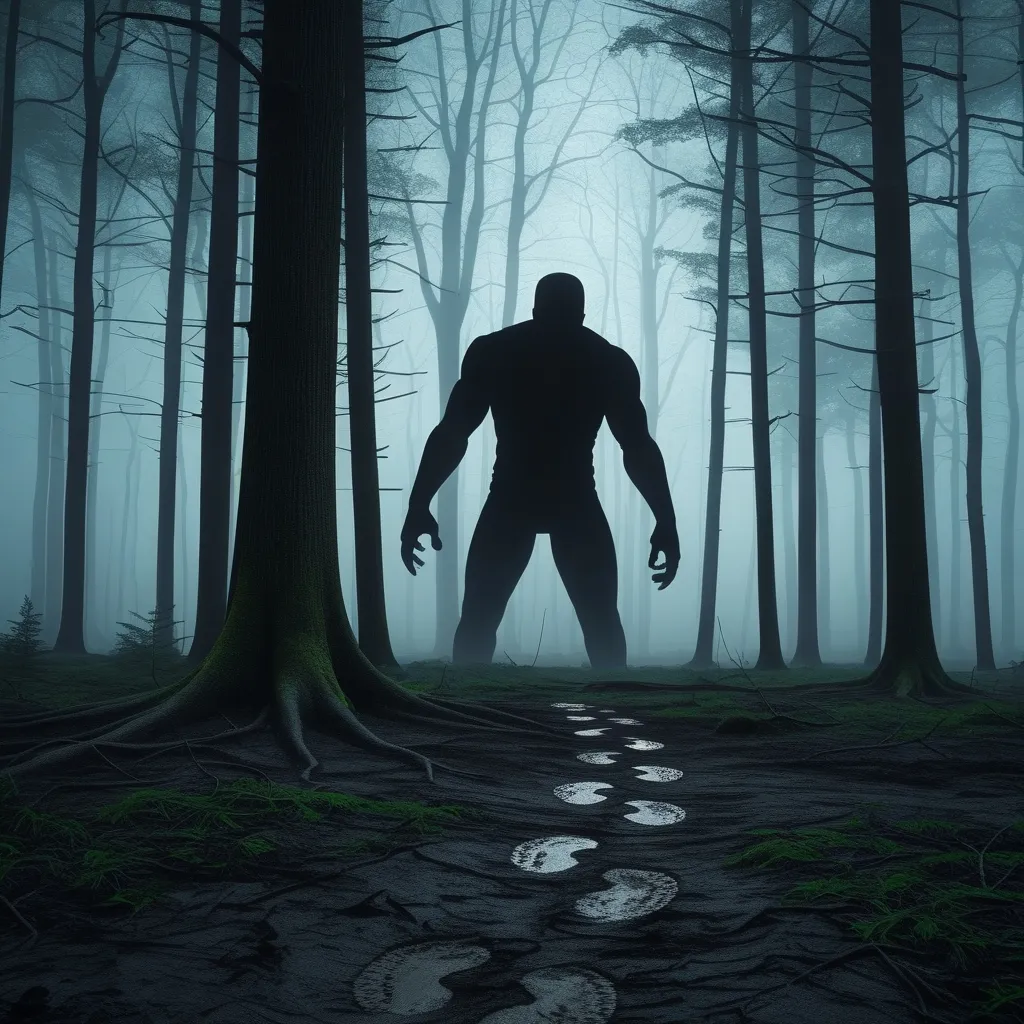The Voynich Manuscript: An Enduring Enigma
Imagine stumbling upon a mysterious book filled with an unknown language and bizarre illustrations. That’s exactly what happened when Wilfrid Voynich, a Polish book dealer, discovered an ancient manuscript in Italy back in 1912. Little did he know that this find would spark a century-long obsession and become one of the world’s most perplexing mysteries.
The Voynich Manuscript, as it came to be known, is a 15th-century codex that has baffled scholars, cryptographers, and curious minds for generations. It’s not just any old book – it’s a treasure trove of enigmas, each page more puzzling than the last. Now safely tucked away at Yale University’s Beinecke Rare Book and Manuscript Library, this mysterious tome continues to captivate imaginations worldwide.
Let’s dive into the rabbit hole of the Voynich Manuscript and explore the theories, speculations, and wild ideas that have sprung up around it. Trust me, it’s a wild ride!
First things first – what’s so special about this manuscript anyway? Well, for starters, it’s written in a completely unknown script. Yep, you heard that right. The entire book is penned in a language that no one has been able to decipher. It’s like someone decided to create their own alphabet and write an entire book with it, just to mess with future generations.
But it’s not just the text that’s bizarre. The manuscript is filled with illustrations that look like they came straight out of a medieval fever dream. There are drawings of plants that don’t exist, naked women bathing in green liquid, and astrological diagrams that make absolutely no sense. It’s like a medieval version of a surrealist art book.
Now, you might be thinking, “Surely someone must have cracked the code by now?” Well, you’d be wrong. Despite countless attempts by some of the brightest minds in cryptography, linguistics, and even computer science, the Voynich Manuscript remains stubbornly undeciphered.
Some folks think it might be written in a Semitic language like Hebrew or Aramaic. A German Egyptologist named Rainer Hannig even proposed that the script is based on Hebrew. But here’s the kicker – none of these theories have been conclusively proven. It’s like the manuscript is taunting us, saying, “Nice try, humans, but you’ll never figure me out!”
But wait, it gets even weirder. Some clever researchers decided to analyze the text statistically, and guess what they found? The manuscript actually follows linguistic patterns similar to natural languages. It adheres to something called Zipf’s Law, which describes how words are distributed in real languages. So, it’s not just random gibberish – there’s some method to this madness.
Marcelo Montemurro from the University of Manchester even argued that the complexity of the text makes it unlikely to be a simple hoax. It’s like whoever wrote this thing went to a lot of trouble to make it look like a real language. But why? What could be so important that someone would create an entire fake language just to write it down?
Of course, there are always skeptics. Gordon Rugg from Keele University proposed that the whole thing might be an elaborate hoax. He suggested that the author could have used a combination of symbols and grilles to create words that look like a real language but don’t actually mean anything. It’s like a medieval version of trolling – create something that looks authentic but is actually nonsense, then sit back and watch everyone lose their minds trying to figure it out.
The illustrations in the manuscript are a whole other can of worms. The book is divided into sections, including botanical, astronomical, and pharmaceutical parts. Some of the plants depicted don’t match any known species, leading some to speculate that it might be an alien botanist’s field guide. Others think it could be a medical or herbal text, while some see the drawings as mere doodles or artistic expressions. Personally, I like to think it’s the sketchbook of a time-traveling artist with a vivid imagination.
The cultural impact of the Voynich Manuscript is hard to overstate. It’s become a pop culture phenomenon, inspiring TV shows, books, music, and even video games. Amateur cryptographers and scholars alike have spent countless hours trying to crack its code. It’s like the ultimate puzzle – everyone wants to be the one to solve it.
Some of the theories that have popped up over the years are pretty wild. My personal favorite is the idea that it might be an alien’s workbook. Imagine little green men leaving behind their homework for us to find centuries later. Or how about the theory that it’s a medieval LARPing prop? Picture a bunch of 15th-century nerds running around pretending to be wizards with their made-up spell book. Hey, stranger things have happened!
In an effort to solve the mystery, replicas of the Voynich Manuscript have been produced and distributed to libraries and academic institutions around the world. It’s like a global game of “pass the parcel,” except instead of a small gift, the prize is the key to unlocking a centuries-old mystery. These replicas are incredibly detailed, right down to the stains and tears on the original pages. It’s as close as you can get to holding the real thing without breaking into Yale’s library.
As someone who’s spent way too much time falling down the Voynich rabbit hole, I can’t help but feel a mix of frustration and awe. It’s like trying to solve a Rubik’s Cube that keeps changing colors every time you think you’re close. Part of me wonders if it’s a combination of both a real code and an elaborate hoax. Maybe the author was playing a long game, creating something that looks like it should make sense but actually doesn’t.
Despite all the claims of having cracked the code, none have been universally accepted. It’s like the Holy Grail of cryptography – everyone wants to be the one to finally solve it. New theories and methods pop up regularly, keeping the Voynich flame burning bright.
In the end, the Voynich Manuscript is more than just a weird old book. It’s a testament to human curiosity and our endless fascination with the unknown. It challenges us to think outside the box and pushes the limits of what we consider possible. Whether it’s a secret code, an elaborate prank, or something we haven’t even considered yet, one thing’s for sure – the Voynich Manuscript isn’t giving up its secrets anytime soon.
So, the next time you’re feeling frustrated by a difficult problem, just remember – at least you’re not trying to decipher a 600-year-old book written in an unknown language with pictures of non-existent plants and naked ladies in green bathtubs. Some mysteries are meant to remain unsolved, and maybe that’s what makes them so fascinating. The Voynich Manuscript continues to captivate us, not because of what we know about it, but because of what we don’t. And in a world where it feels like everything has been discovered and explained, isn’t it kind of nice to have something that still defies all explanation?
